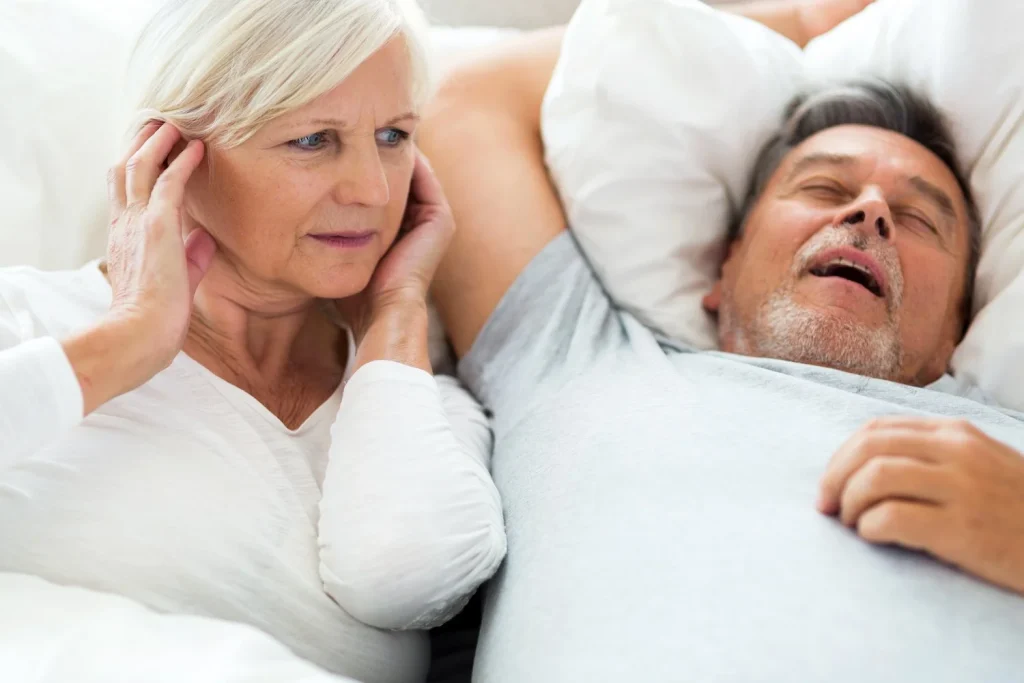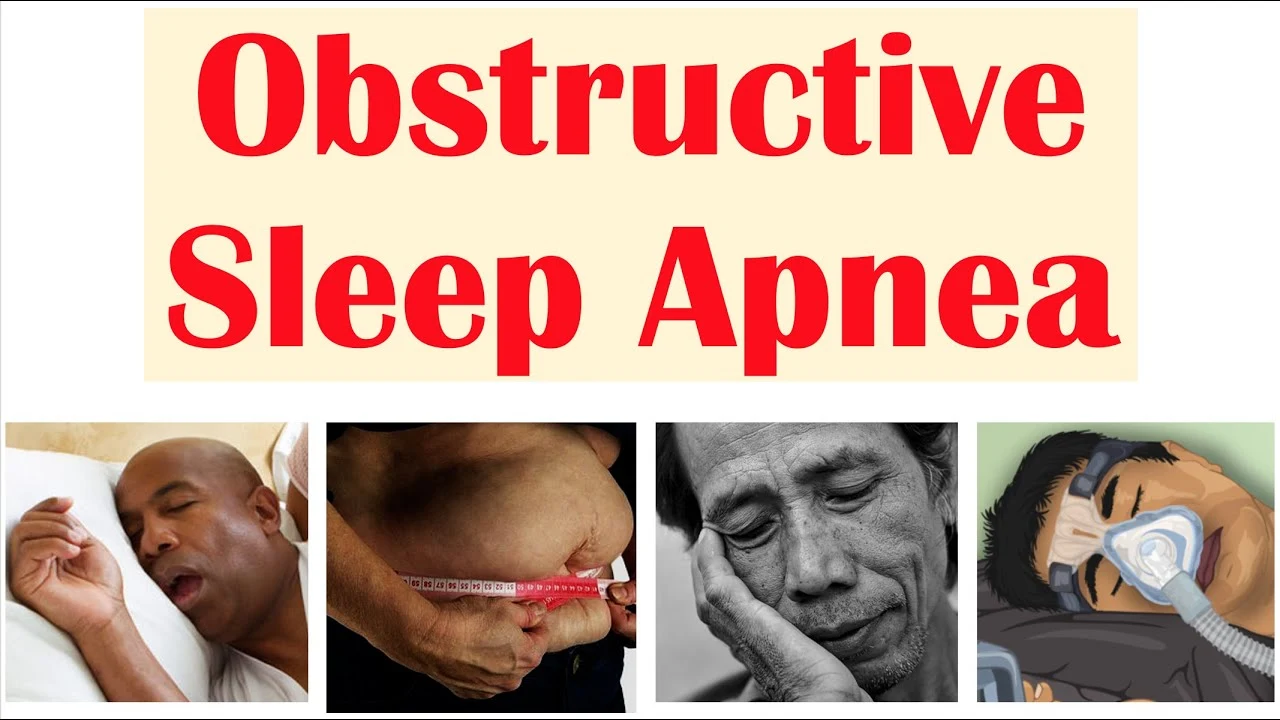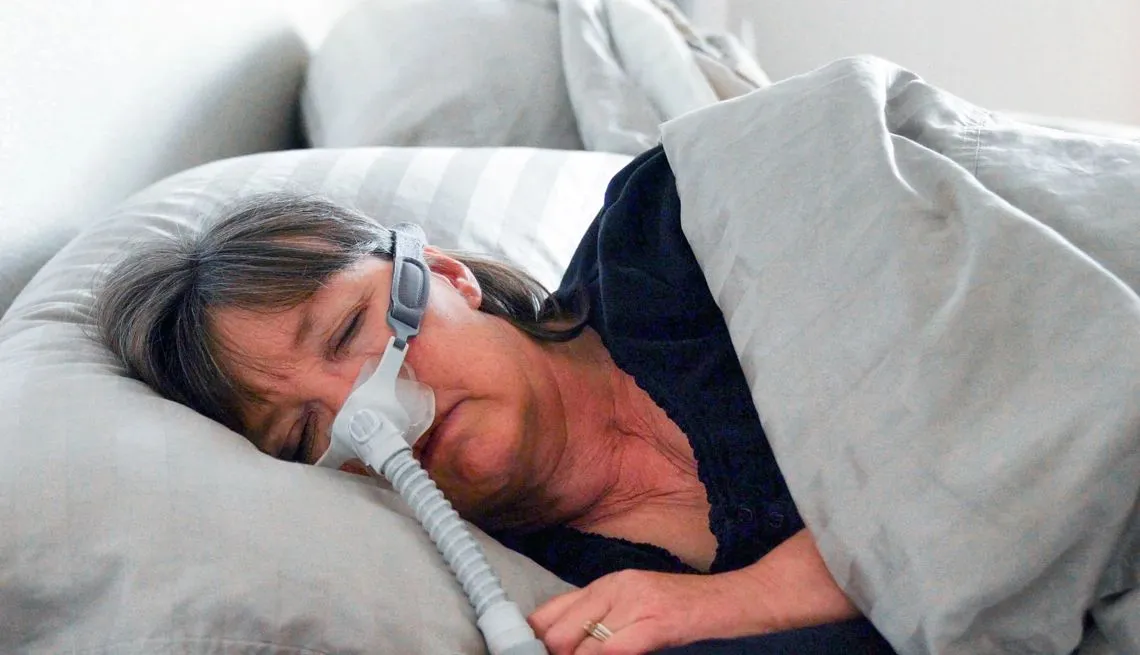
Sleep Apnea Treatment for Seniors | Best Treatment Options
What is the best sleep apnea treatment for seniors? How about the best sleeping position? Sleep apnea is a sleep disorder characterized by pauses in breathing or shallow breathing during sleep. This disorder in the elderly has similarities with sleep apnea in other age groups, but may have unique characteristics.Do you think that do elderly people need more sleep?
Anyone can experience this disorder, but certain factors increase the risk of developing it. It is more prevalent among the elderly due to various factors such as age-related changes in the respiratory system, Overweight, enlargement of the pharyngeal or palatine tonsils, smoking, and associated diseases such as high blood pressure, asthma and cardiovascular diseases. Men suffer from this disorder almost twice as often.
Delaying or neglecting sleep apnea treatment for seniors can lead to life-threatening conditions, including high blood pressure, stroke, chronic obstructive pulmonary disease (COPD), and congestive heart failure. In this article from humanhealthmag, we have tried to help reduce the symptoms, improve the quality of sleep, and reduce the risks related to the health of these loved ones by examining sleep apnea treatment methods.
What Is Sleep Apnea or (Breathing Pause) in Old Age?
Sleep apnea is a serious disorder in which breathing stops and starts repeatedly. Each pause can last for several seconds or even several minutes, and usually many interruptions occur in one night (tens or even hundreds of times). Each of these periods is called an “apnea.” Most of these episodes are accompanied by a loud snoring sound, which in some cases is accompanied by a sound and feeling of suffocation, in which the person suddenly wakes up in a suffocating state. If you snore loudly and are still tired even after a full night’s sleep, you may have sleep apnea.
The most common type of sleep apnea is obstructive sleep apnea. Obstructive sleep apnea means that the airway is disrupted or blocked during sleep. This problem can be caused by large tonsils, a large tongue, or excessive tissue blocking the airway.

Obstructive Sleep Apnea (OSA) Symptoms
The most obvious symptoms of this disorder are periodic interruptions in breathing during sleep and loud snoring. Although it is worth noting that snoring, 100% is not necessarily a symptom of sleep apnea. Other possible symptoms include:
- Severe daytime sleepiness
- Dry mouth or sore throat in the morning
- Morning headache
- Waking up suddenly with shortness of breath and a feeling of suffocation (some people say that I suffocate in my sleep)
- Trouble concentrating
- Mood swings, depression, irritability
- Increased blood pressure
- Profuse sweating at night
- Decreased libido
Sleep Apnea Treatment for Seniors at Home
Some lifestyle changes can be helpful in managing sleep apnea. These changes can help reduce the severity of sleep apnea and improve the overall quality of sleep. Sleep apnea treatment for seniors at home with mild disorder and few symptoms can be as follows:
- Avoid sleeping on your back
- Sleep on your stomach or side
- Do not take sedatives, sleeping pills, and hypnotics
- If a person has a runny nose or deviation of the nasal septum, treat it
- Reduce your weight
- Avoid drinking alcohol before going to bed.
- Avoid smoking
- Ensuring maximum free nasal breathing
For patients with moderate or severe disorder, more aggressive sleep apnea treatment is needed, which we will discuss further.
Sleep Apnea Treatment for Seniors
As we said, for mild cases of sleep apnea, you may be able to treat the disorder just by making lifestyle changes, such as losing weight or quitting smoking. Or if you have nasal allergies, your doctor will recommend allergy treatment. But if the above-mentioned sleep apnea treatment for seniors at home doesn’t improve your signs and symptoms, or if your apnea is moderate to severe, there are a number of other treatments available. Some machines can open a blocked airway. In other cases, surgery may be necessary.
Sleep Apnea Treatment for Seniors with CPAP Machines
Continuous positive airway pressure (CPAP) is a very effective treatment for sleep apnea for seniors. This includes wearing a mask over the nose or nose and mouth while sleeping. A CPAP machine provides a continuous stream of pressurized air that helps keep the airway open and prevents apnea.
Although CPAP is the most common and reliable method of sleep apnea treatment for seniors, some people find it uncomfortable. Some people give up on this treatment, but most people learn with a little practice how to adjust the tension of the straps so that they both feel comfortable and get the right air pressure.
Sleep Apnea Treatment for Seniors with BiPAP Machines
One of the best methods of sleep apnea treatment for seniors is to use a bilevel positive airway pressure (BiPAP or BPAP). So that, while sleeping, a person must use a mask with a special air pump connected to it. The machines provide pressurized air to keep the airway open. The treatment method using BiPAP is very, very effective, because it significantly reduces the risk of long-term complications of sleep apnea.

In addition, the person stops snoring completely. BiPAP is a silent machine that is very easy to use and everyone can easily use it. The only disadvantage of the device is that it takes some time to get used to it. BiPAP is similar to CPAP, but provides two levels of pressure – higher pressure during inhalation and a lower pressure during exhalation. BiPAP is often prescribed for people who have difficulty exhaling from the constant pressure of CPAP or who need higher pressure levels to keep the airway open.
surgery
In certain cases, surgical procedures may be considered if other treatment options have been ineffective or if there are specific anatomical abnormalities in sleep apnea. Surgical interventions are performed to correct or remove airway obstruction, such as removing tonsils, adenoids, or excess tissue.
There are several types of surgery for sleep apnea treatment for seniors, which are usually prescribed only if treatment with a Bi-Pep device is unsuccessful. These surgical procedures include:
- UPPP surgery
This procedure is done by removing the tissues that are located in the back and upper part of the throat. Also, in this method, doctors can remove the pharyngeal tonsils and the palatine (one of the facial bones).
- Irritation of the upper respiratory tract
This is a new method of treating sleep apnea for seniors in which a nerve impulse generator is implanted in the upper part of the chest (under the skin). This device stimulates the nerve controlling tongue movements.
- Jaw surgery
During this operation, the upper and lower jaw moves forward. The space behind the tongue and soft palate is enlarged, and as a result, the possibility of airway narrowing is reduced.
- Tracheostomy
This surgery is performed only in the most severe cases, when obstructive sleep apnea threatens the patient’s life. During a tracheostomy, the surgeon makes a hole in the neck through which a metal or plastic tube is inserted. Air flows in and out of the lungs, bypassing the blocked passage in the throat.
Concluding Remarks
In this article, we talked about sleep apnea treatment for seniors. Sleep apnea in the elderly is associated with various health risks. Repeated episodes of interrupted breathing during sleep can lead to a decrease in the level of oxygen in the blood and cause pressure on the cardiovascular system. This can lead to an increased risk of high blood pressure, heart disease, stroke and other cardiovascular complications. Also, this disorder can aggravate diabetes and increase the risk of cognitive decline and dementia in the elderly.
Have you or someone close to you ever experienced sleep apnea? If yes, please share with us your experiences about the ways of derma. We are eager to share your opinions and experiences about this in the comments section with us and other users.

FAQs
How is Sleep Apnea disorder Diagnosed in the Elderly?
Diagnosis of sleep apnea or sleep disorder in the elderly involves a comprehensive evaluation including a detailed medical history, physical examination, nocturnal sleep study, and sleep studies such as polysomnography. During polysomnography, a person is connected to a machine that monitors heart, lung, brain activity, breathing, arm and leg movements, as well as blood oxygen levels.
Is It Difficult to Use a CPAP Machine for Seniors?
Using a CPAP machine can be a bit difficult for seniors at first, especially if they have breathing problems or physical discomfort. However, with proper adjustments and training, many seniors can adapt well to this device. Some devices have features such as humidifiers and softer masks that provide more comfort.
